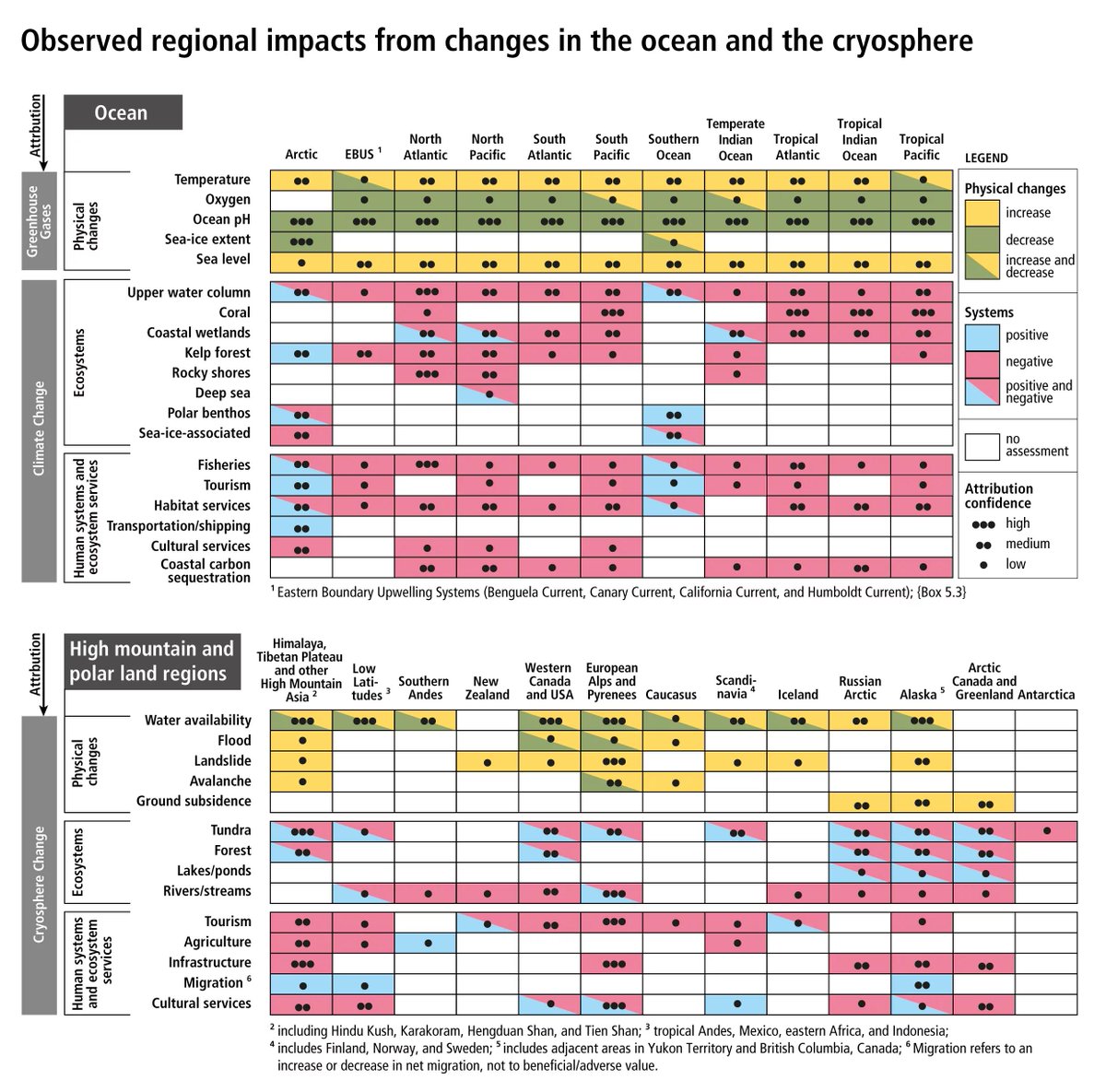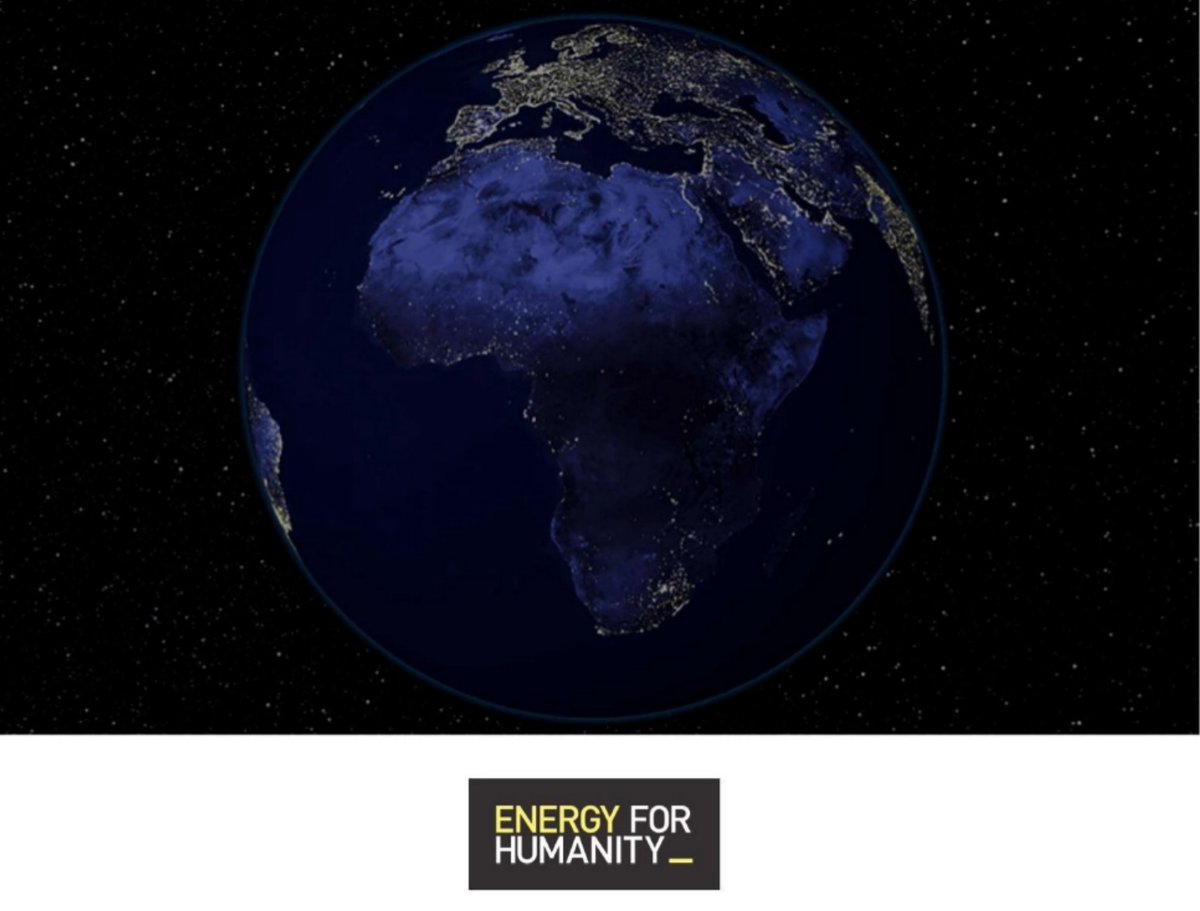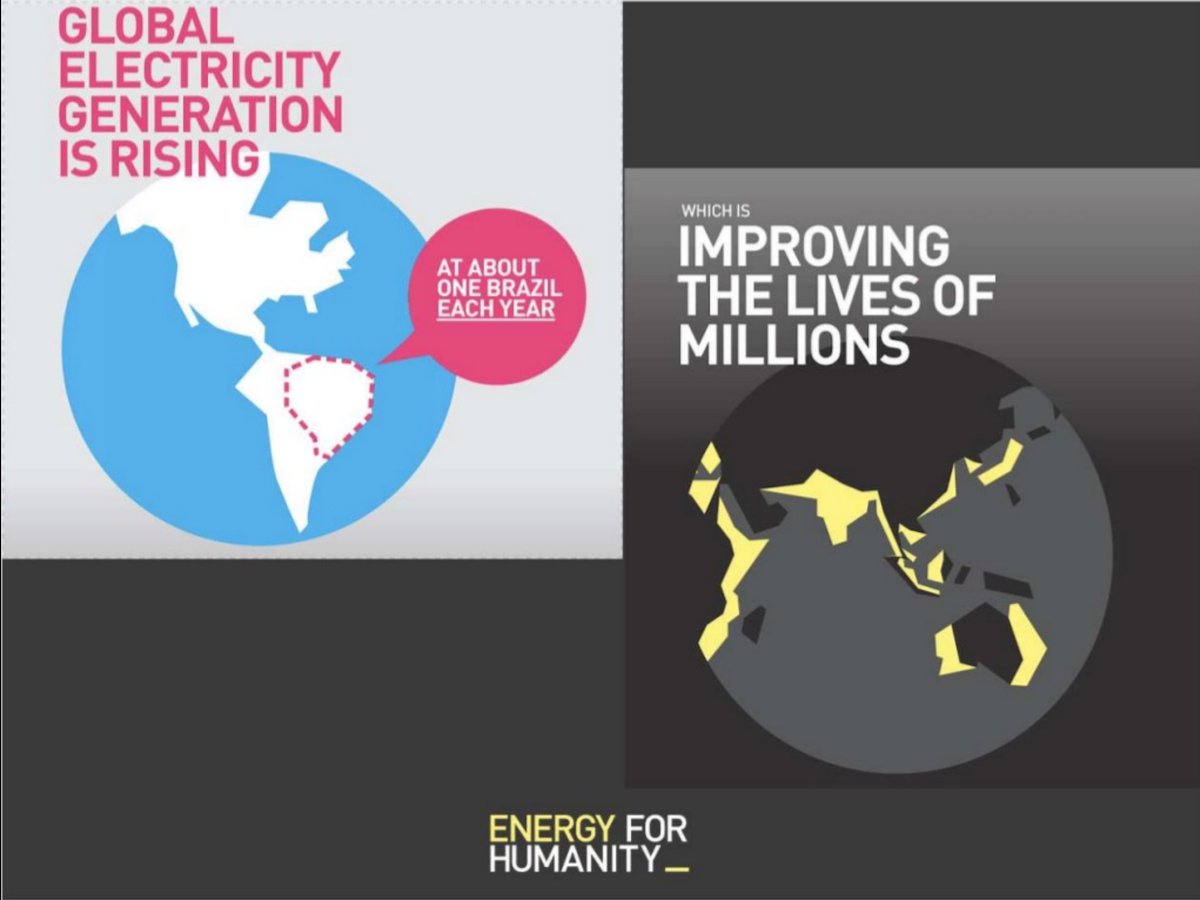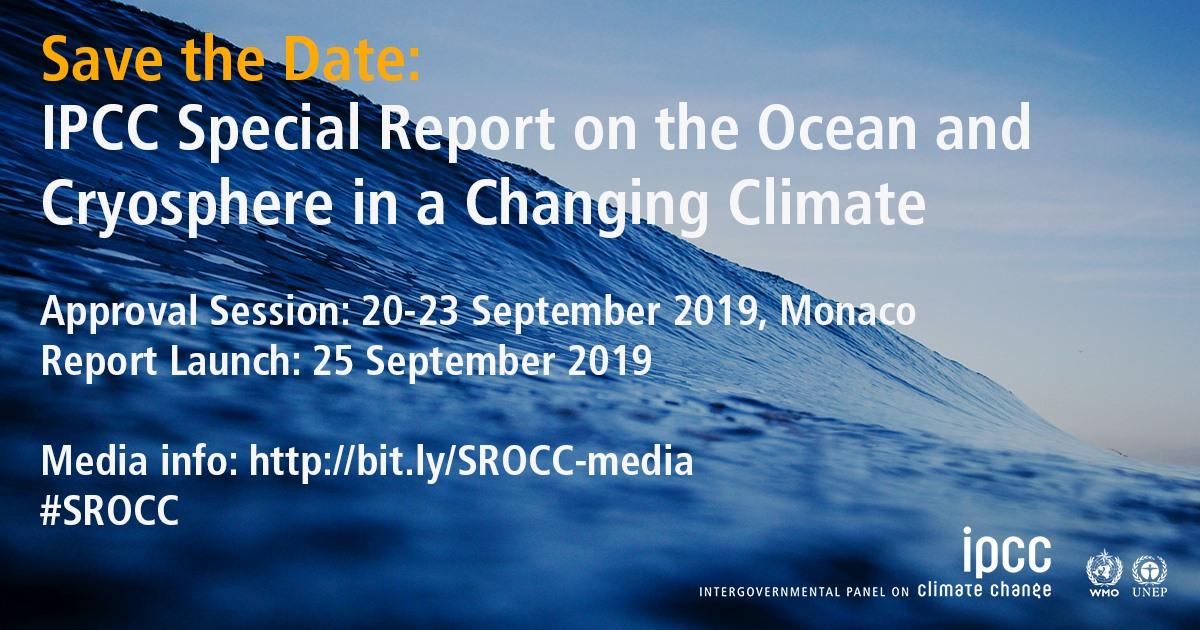
Some background: The 104 authors (31 female, 73 male) include some big names in the field of ocean science eg Drs Lisa Levin, Hans-Otto Pörtner, William Cheung
archive.ipcc.ch/report/authors…
Its 100s of pages of single-spaced technical text w countless IPCC-esque graphics and tables😪(Don't worry, I find many of them hard to understand too). But this is one very thorough document!
-> ocean heating, melting ice at sea and on land, reduction on O2 in sea water "deoxygenation" etc
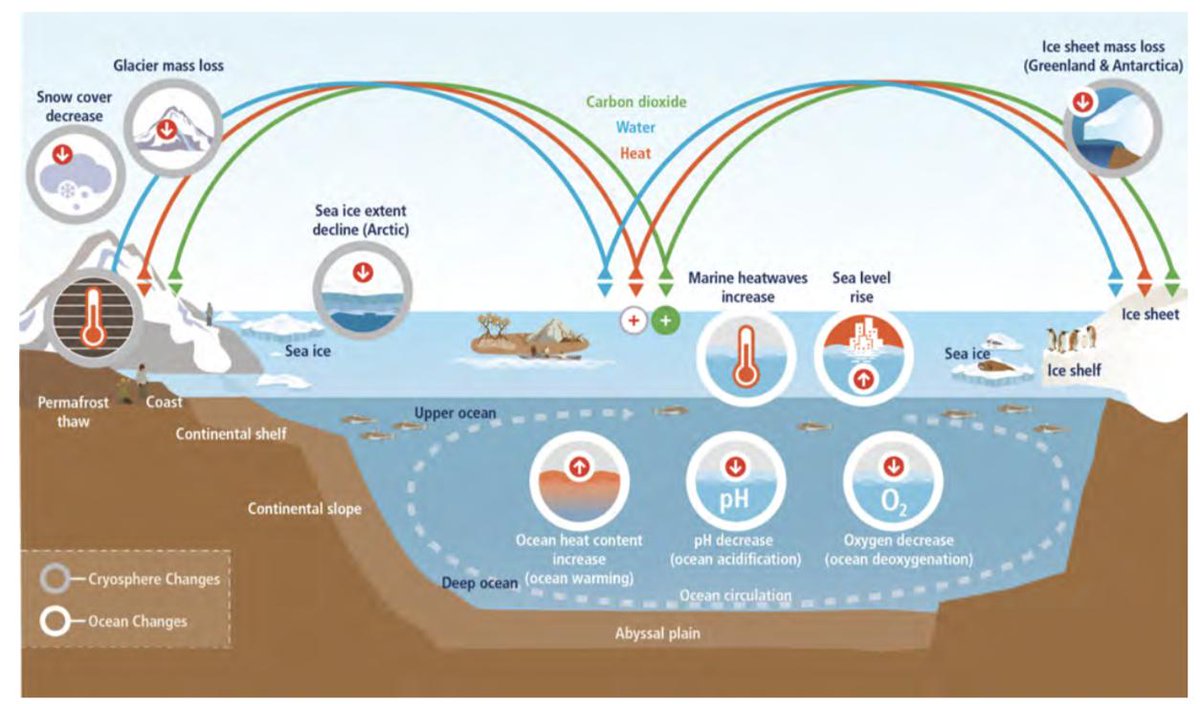
Staggering right?! 😯Even the deepest parts are warming.
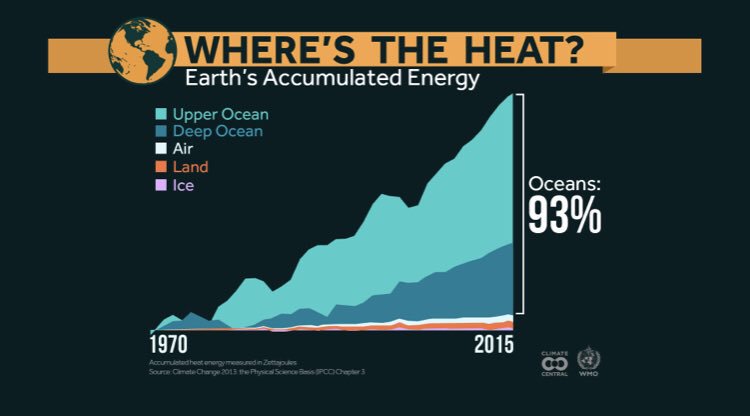
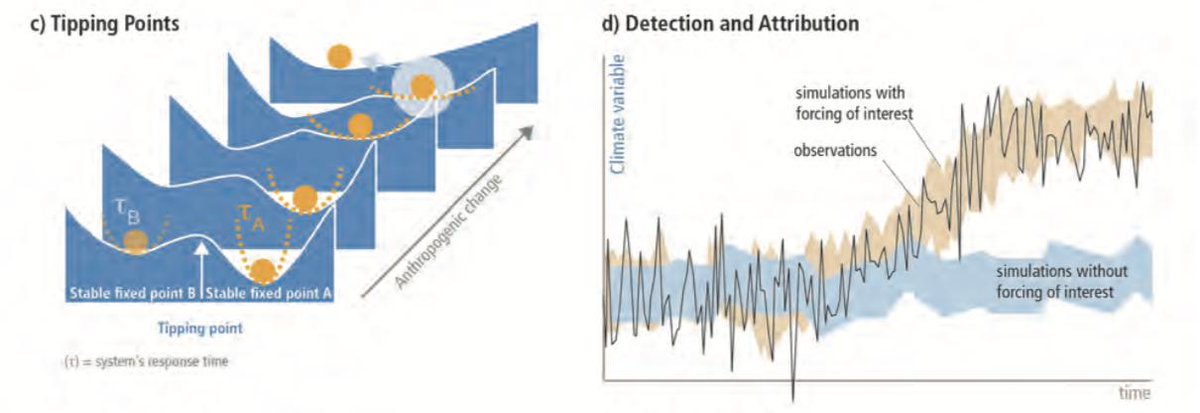
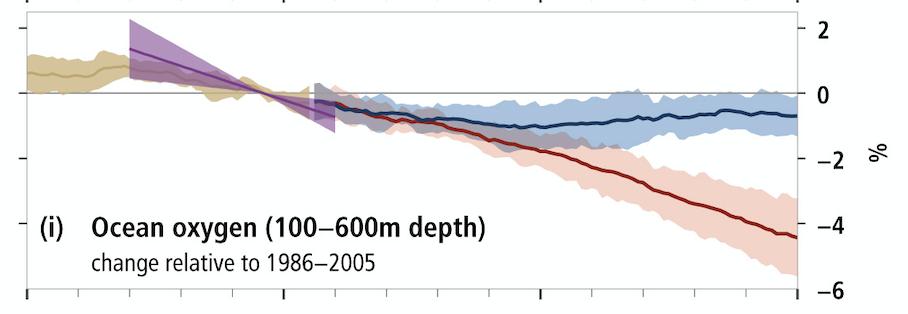
skepticalscience.com/rcp.php
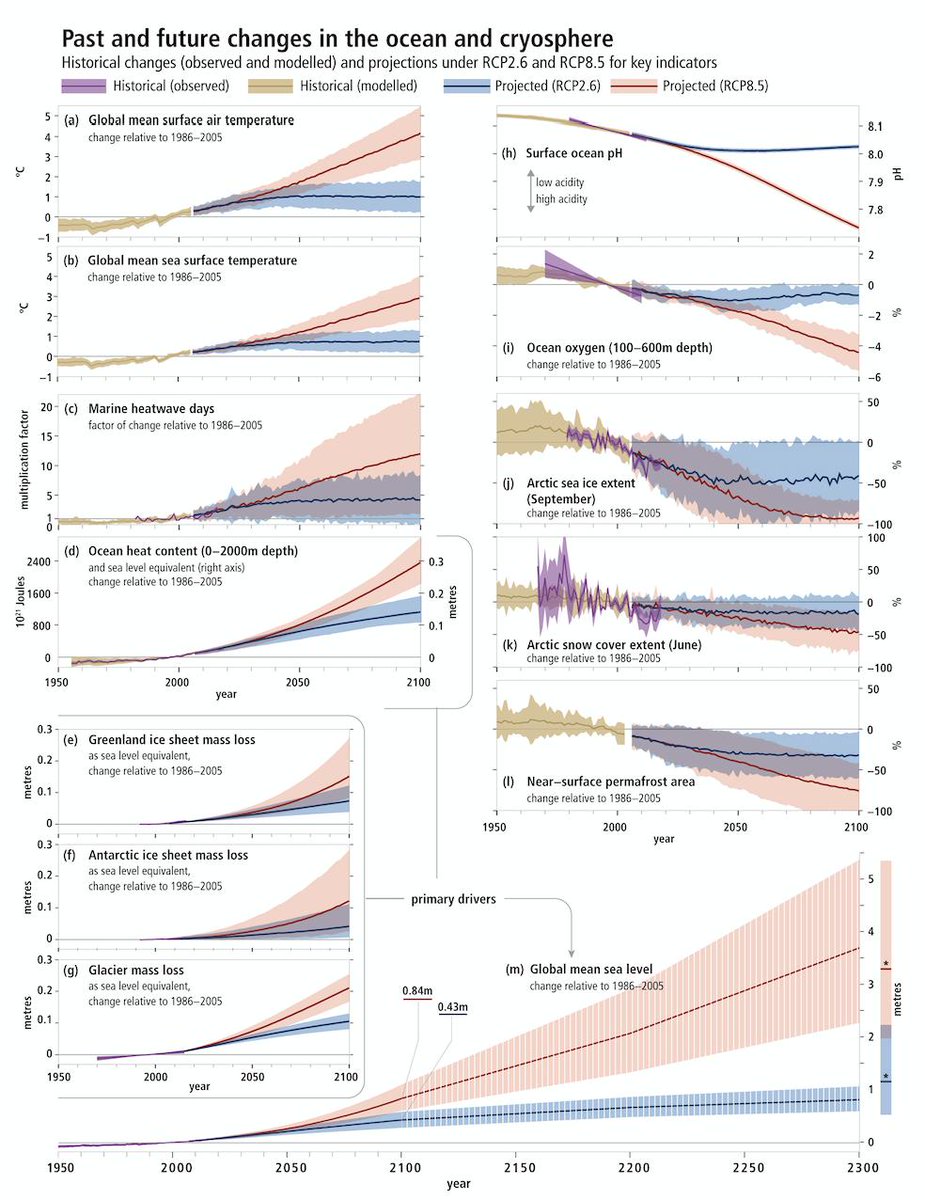
Even under RCP 2.6 (rapid reduction in CO2) we lose much more arctic sea ice. Under 8.5 the losses would be devastating for that massive and critical marine ecosystem (and for polar bears):

Again note that losses are substantially reduced w aggressive climate policy (RCP 2.6) = we have agency! Its not a lost cause. How quickly we act makes a big difference!
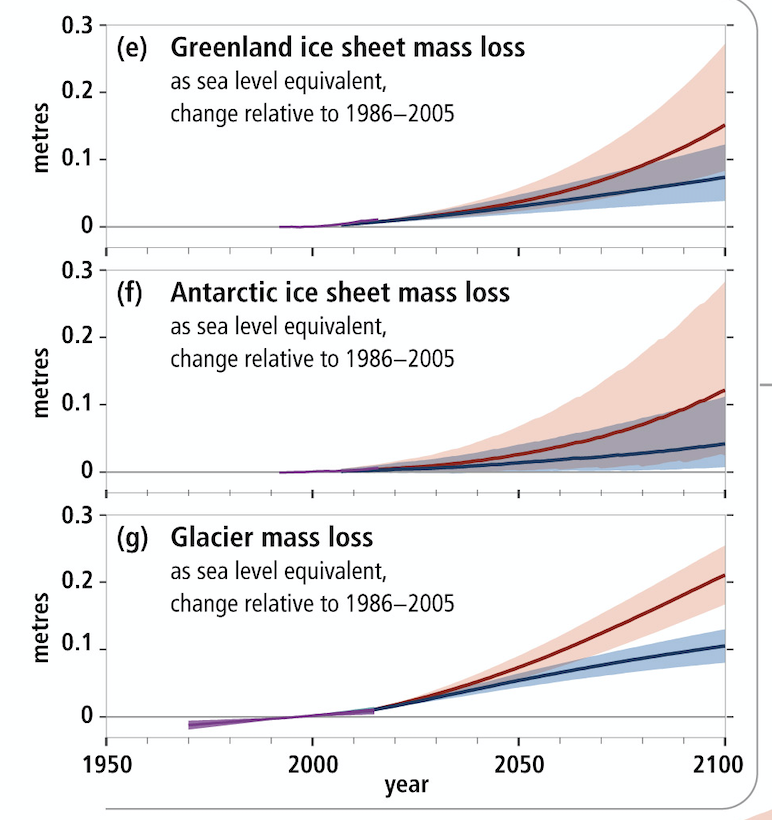
Interestingly, the net SLR is projected out to 2300, which I think is really important bc it will take centuries for the ocean to come into equilibrium (=will keep rising)
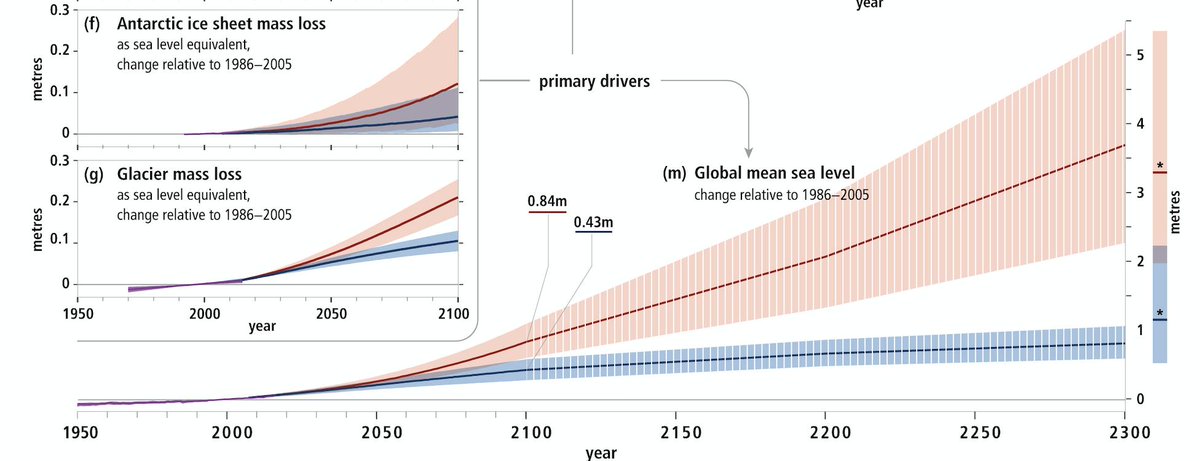
And 2-5 ft under the Trumpy scenario (RCP 8.5) by 2100 and 7-17 ft (~2.5-5.5 m) by 2100!!! 😪
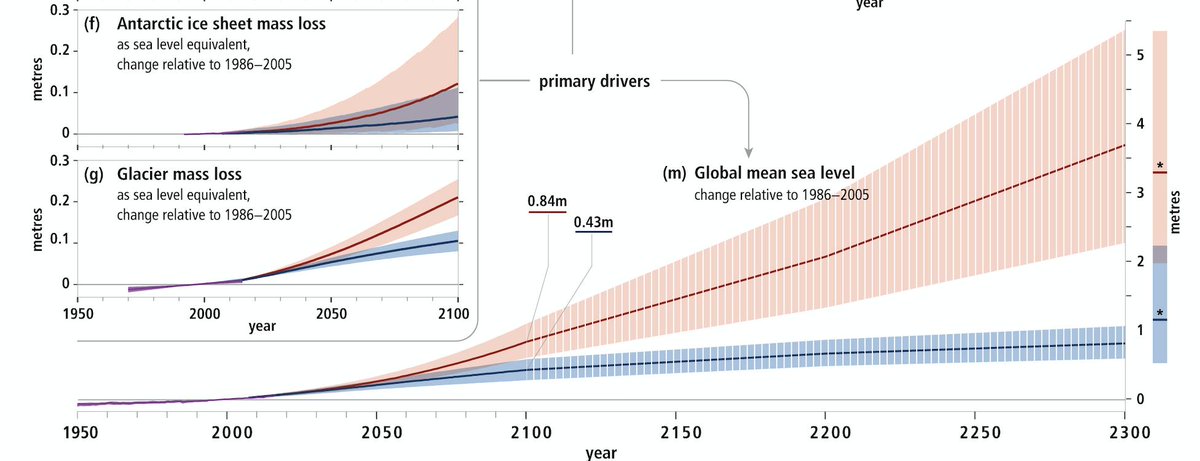
eg; nca2018.globalchange.gov/chapter/9/
One new-ish conclusion is the staggering changes we r seeing & will see in the near future in the Arctic:
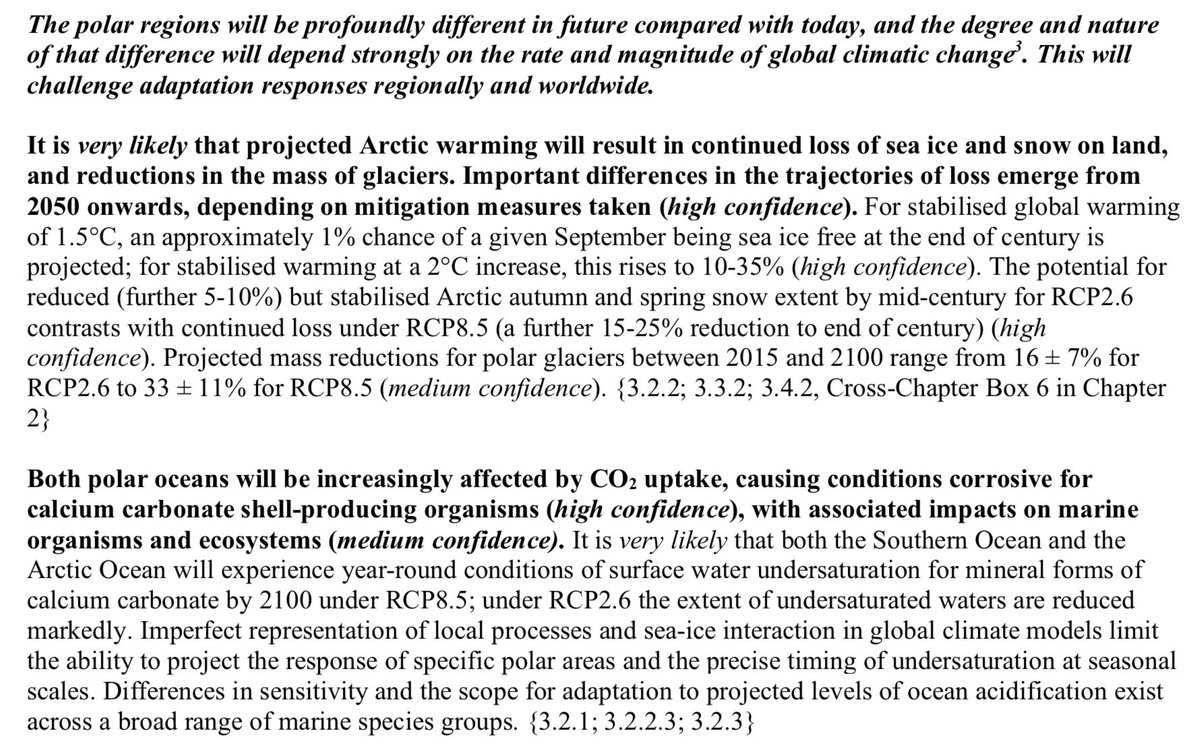
This is bc the Arctic is one of the fastest warming parts of the earth.
There's just an incredible amount of basic info about how these systems work:
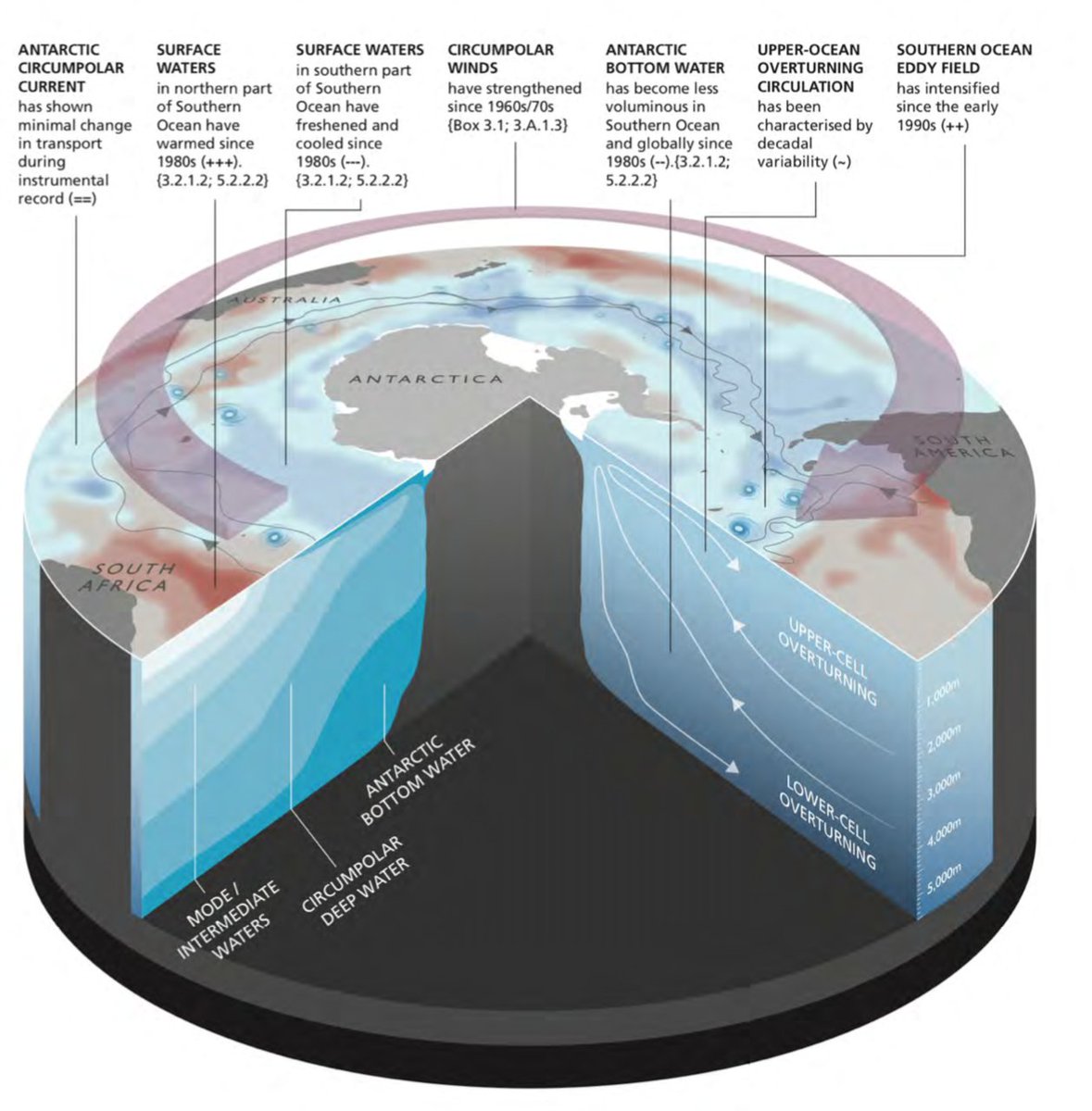
*See this awesome paper on impacts of this: onlinelibrary.wiley.com/doi/abs/10.111…
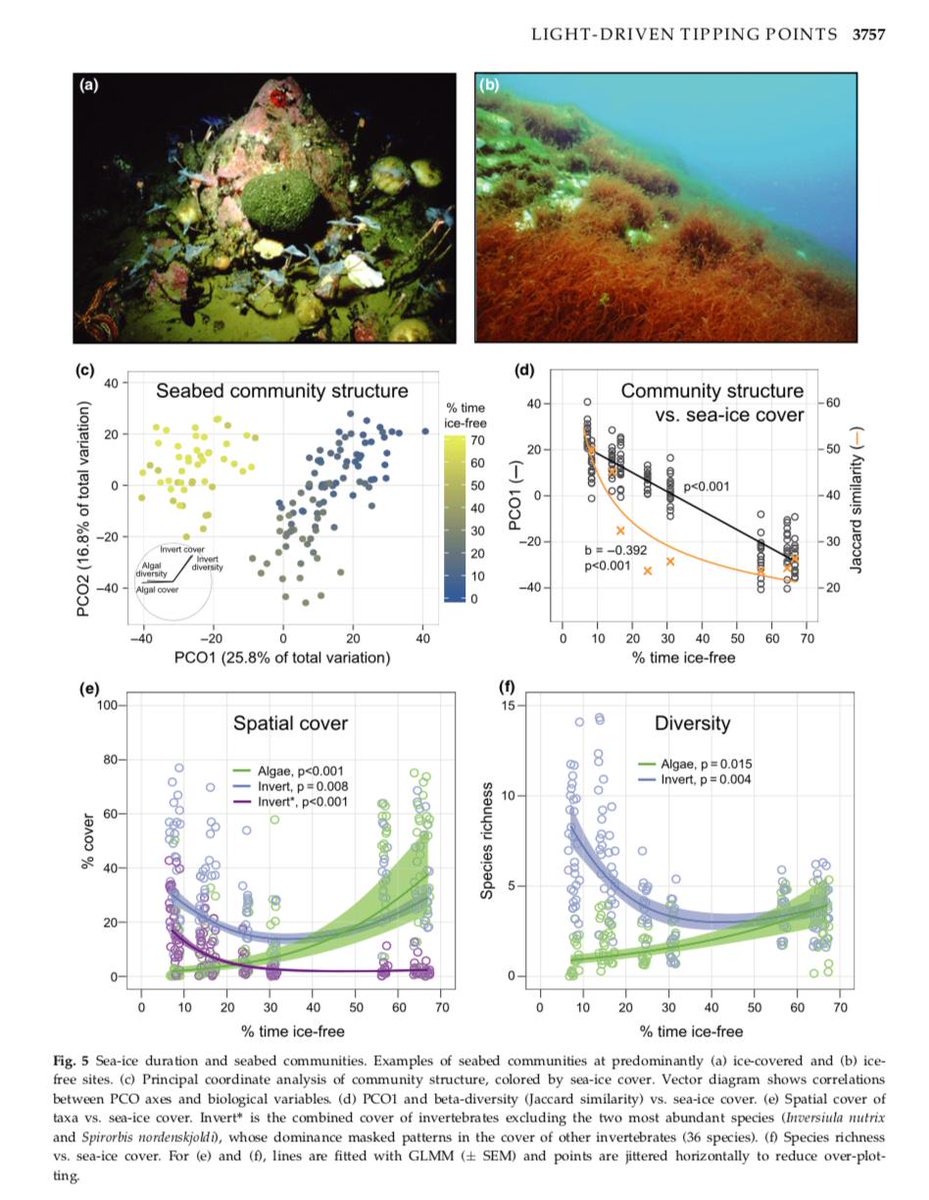
less ice=more light=more algae=big change
Warming of the arctic is enabling bad actors like king crabs to invade the antarctic, where they could annihilate defenseless marine inverts that inhabit the seafloor. eg pnas.org/content/112/42…
The way most people in coastal communities I visit experience climate change is via coastal erosion: everywhere I go trees, infrastructure, homes etc are falling into the sea.
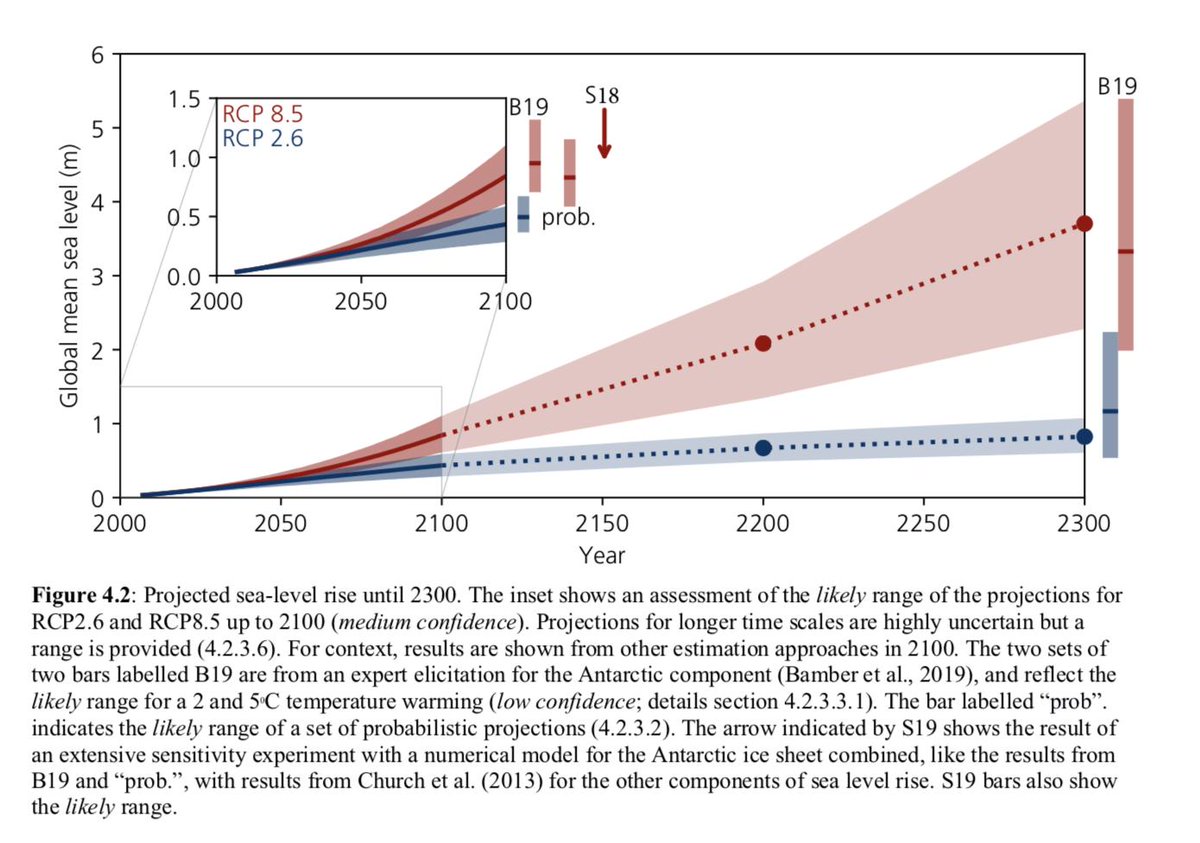

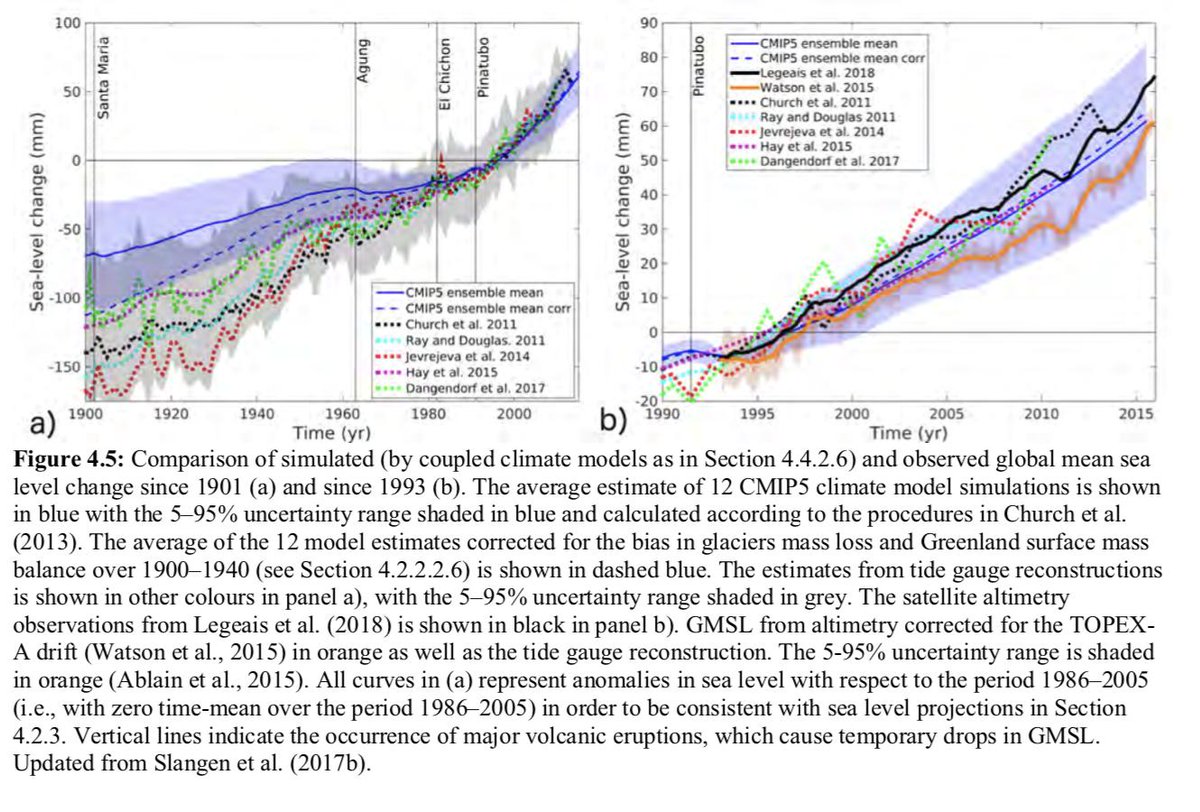
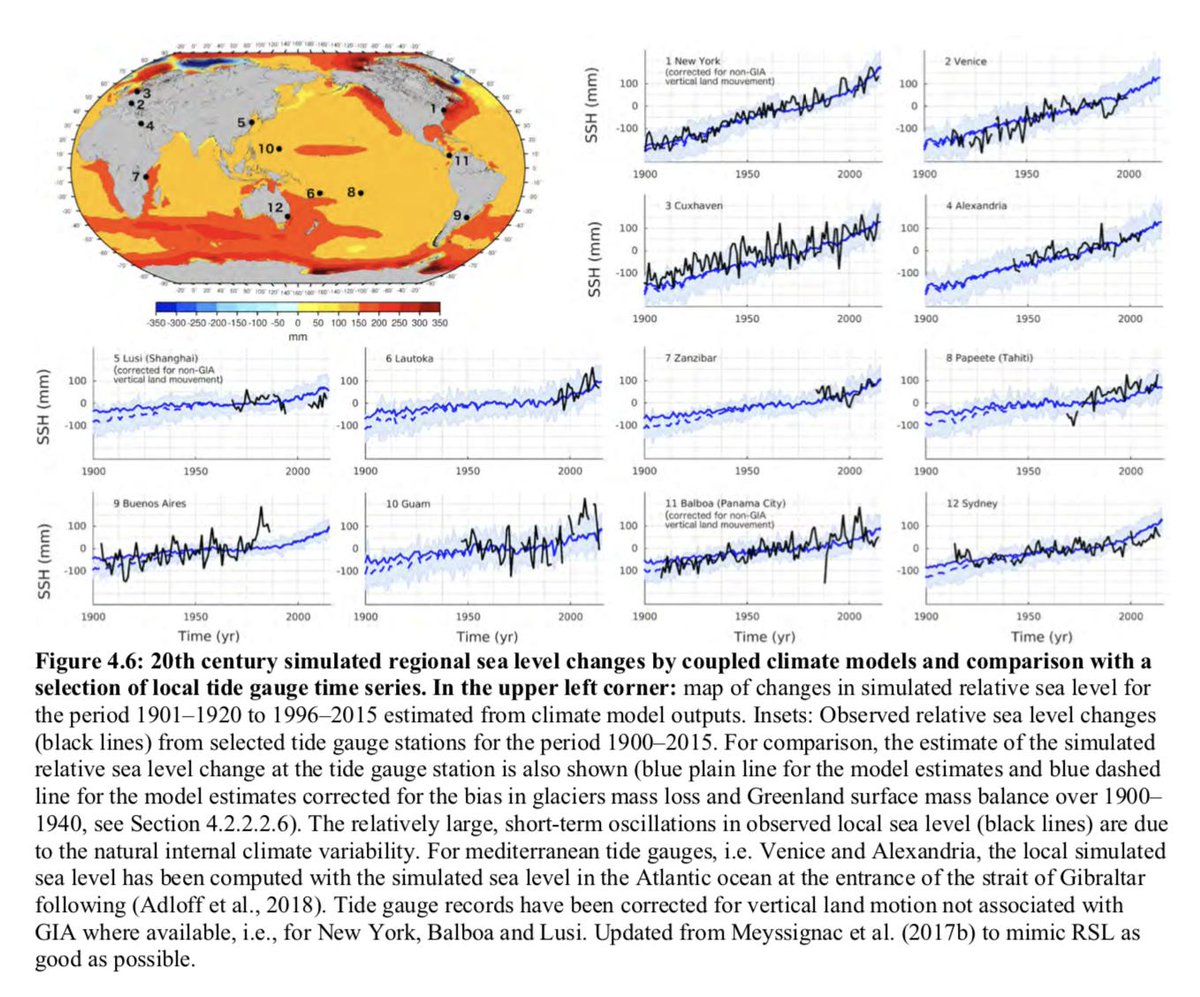
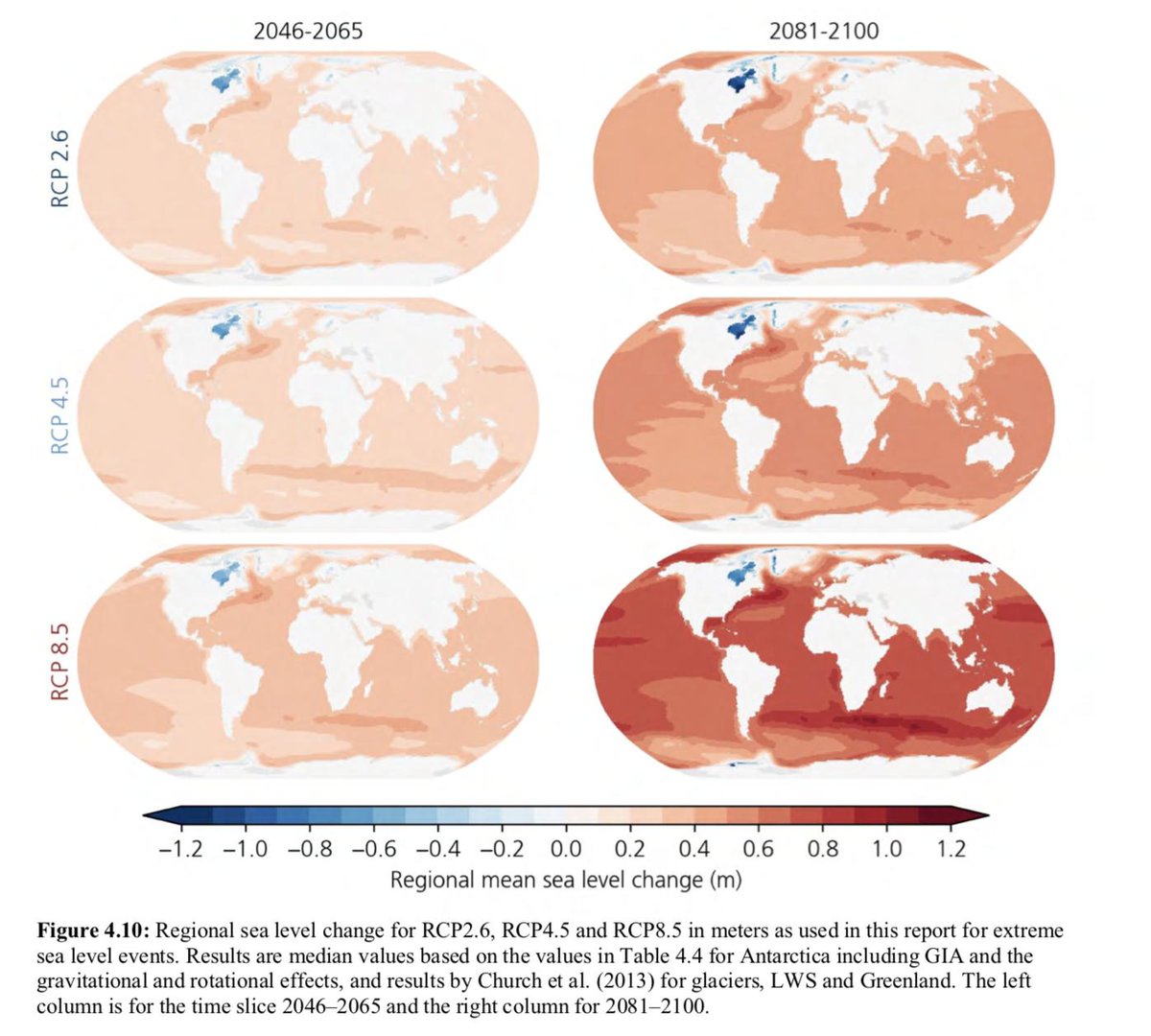
Take home: SLR is happening, is affecting everything, and could be either pretty bad OR really, really Fing terrible depending on who's in charge in coming years. #vote
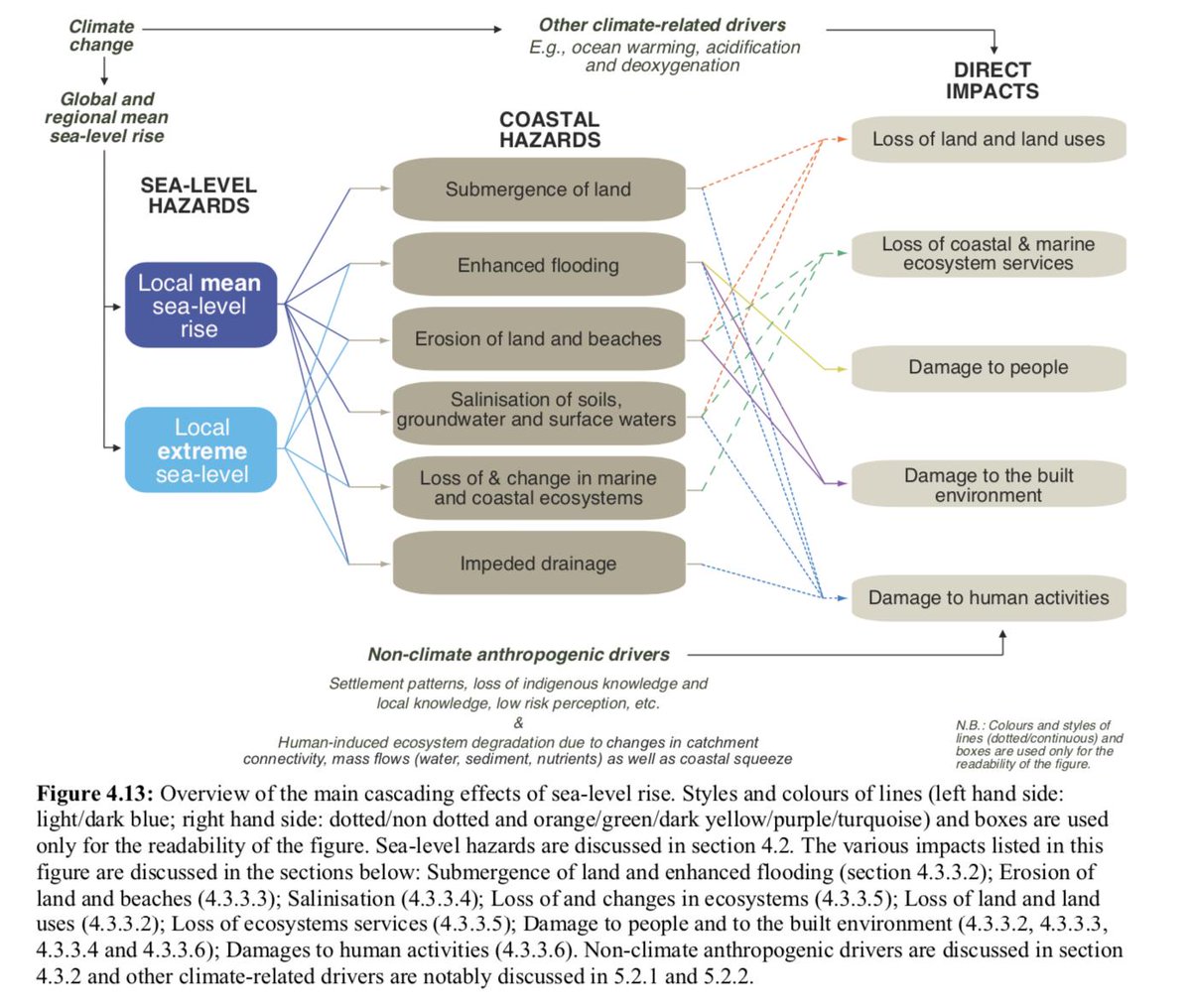
Which begins on page #712.

The context and causes of changes we are seeing in ocean ecosystems and populations:
1) The oceans continues to warm, and the rate is likely to have increased.
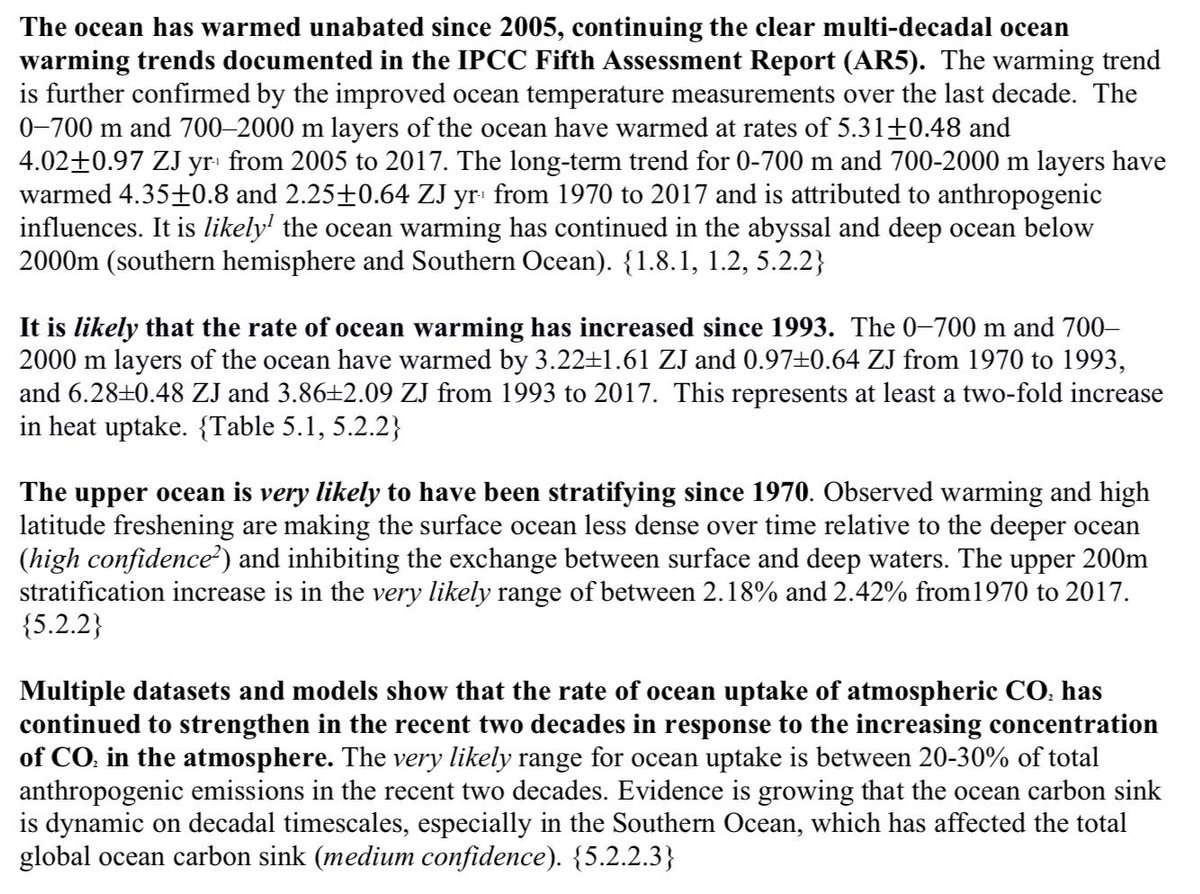
This layering / reduced exchange is likely the cause of observed reductions in phytoplankton productivity (less nutrients = lower photosynthesis)
Because that means less food (reduced fisheries production) and less oxygen. Half the O2 you breath comes from ocean phytoplankton.
@tbartelme
amazon.com/Every-Other-Br…

Again projections for Trumpy8.5 r WAY worse.
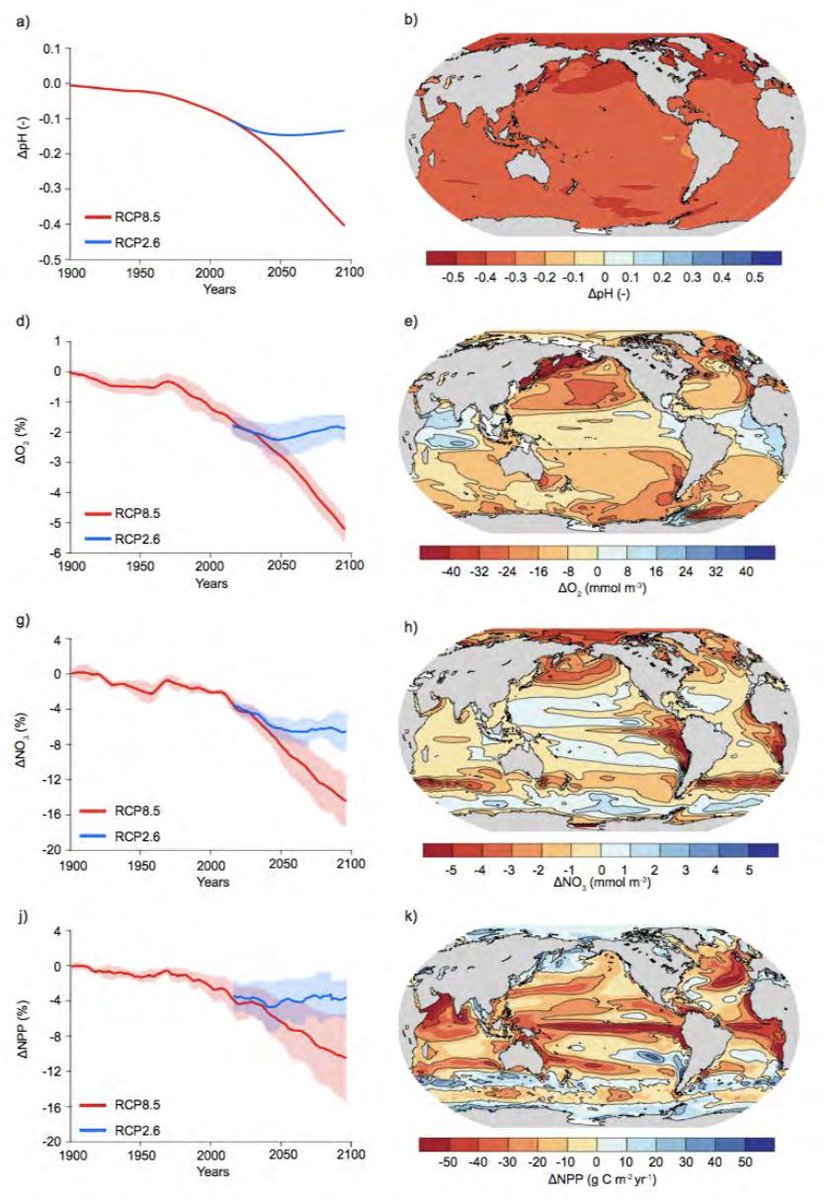
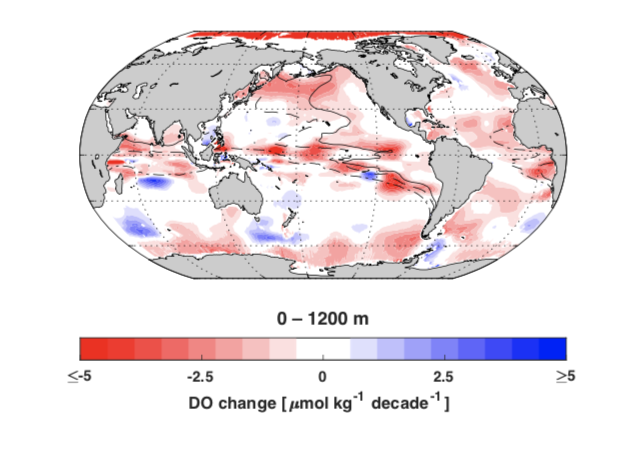
Although some populations are adapting acclimatizing, many more are declining & going locally extinct. Some are shifting their ranges to higher latitudes=rapid changes in the composition of ocean neighborhoods.
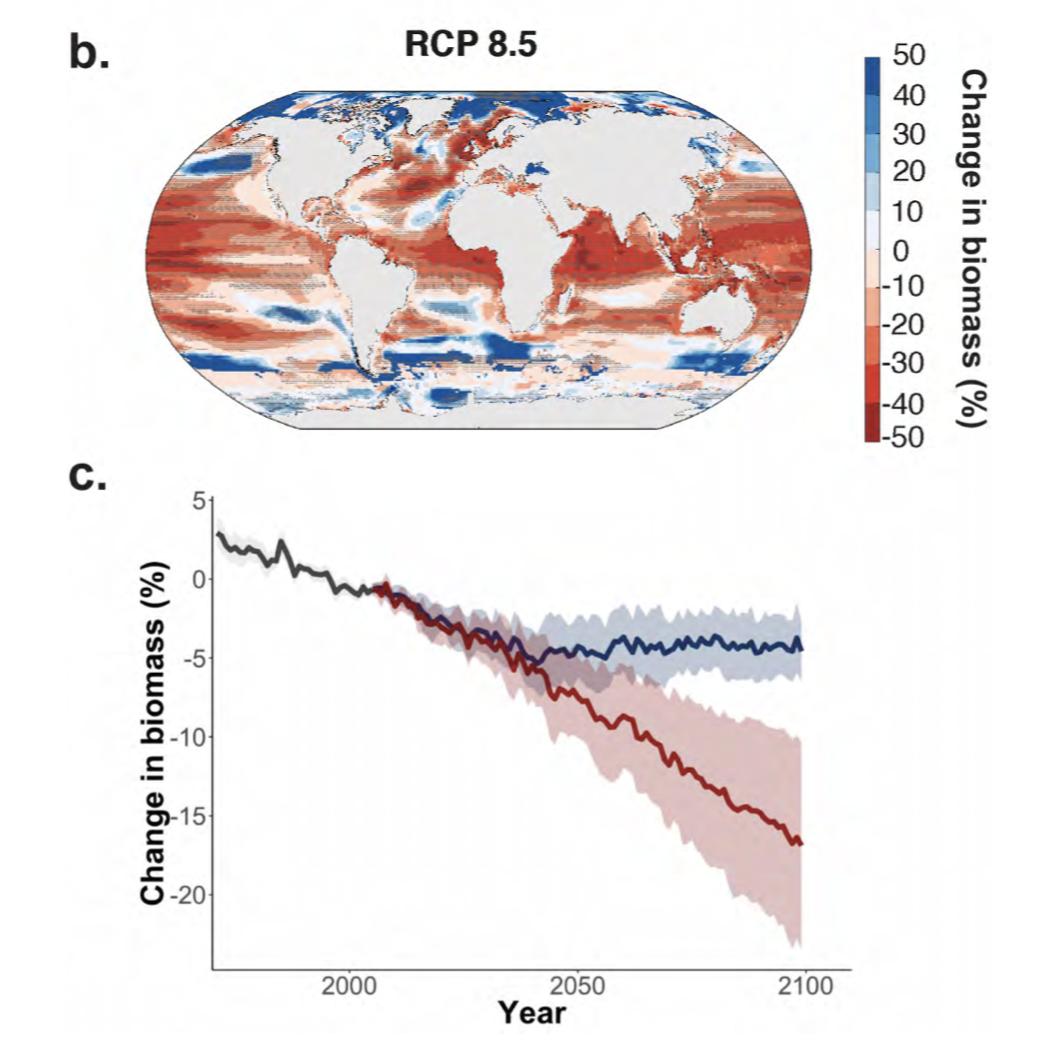
Yet again note: with immediate emissions reduction we avoid the worse.
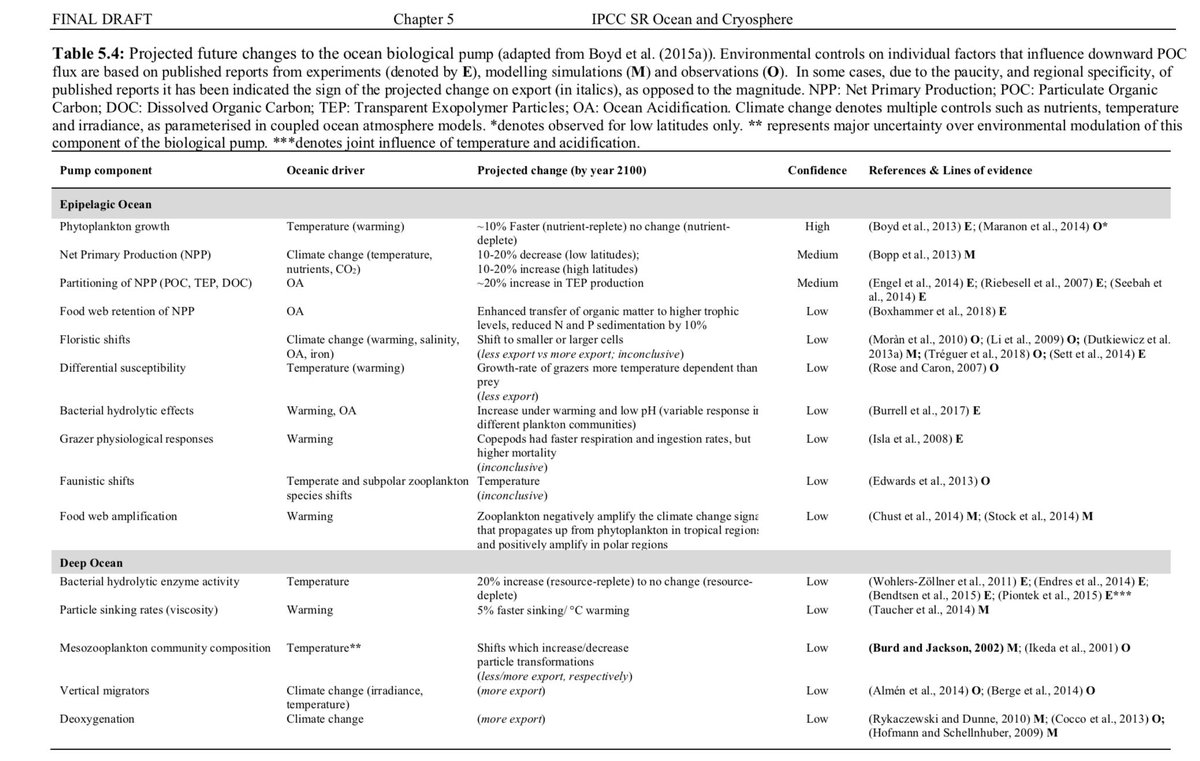
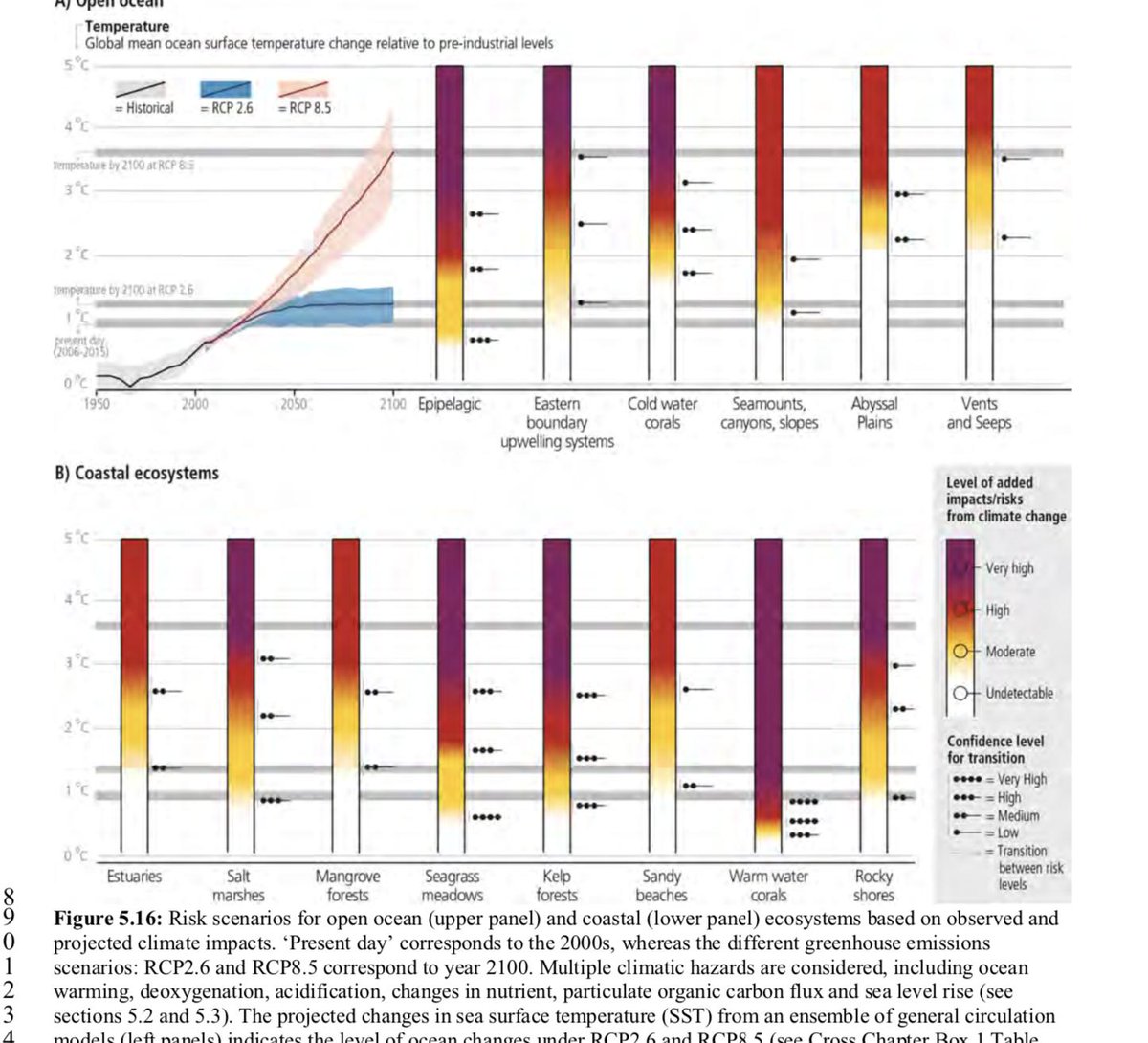
Declines of ~25% in the western Pacific, Indian ocean, and along the west coast of Africa.
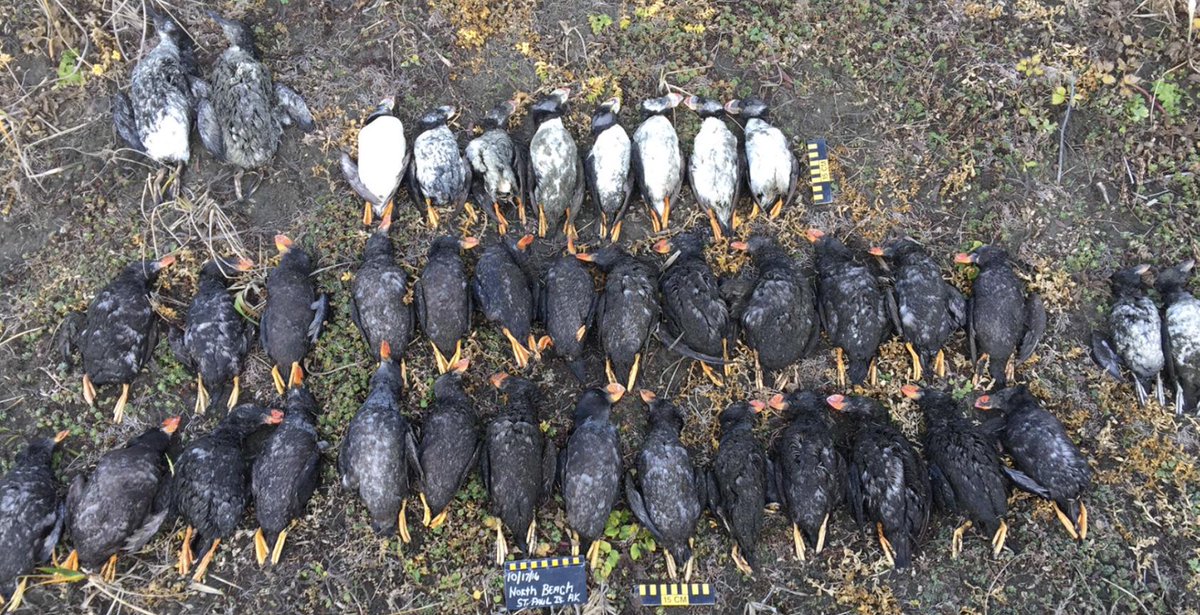
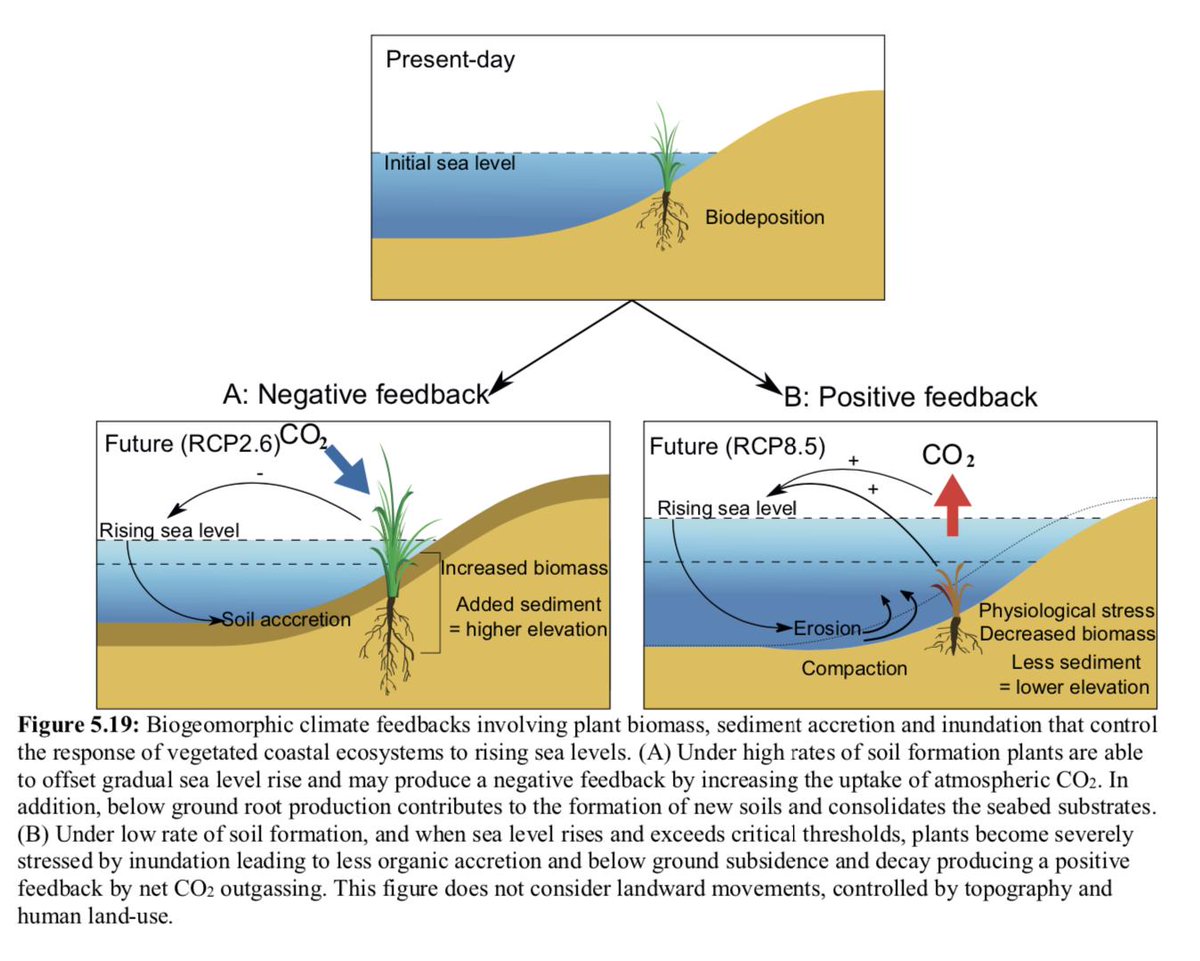
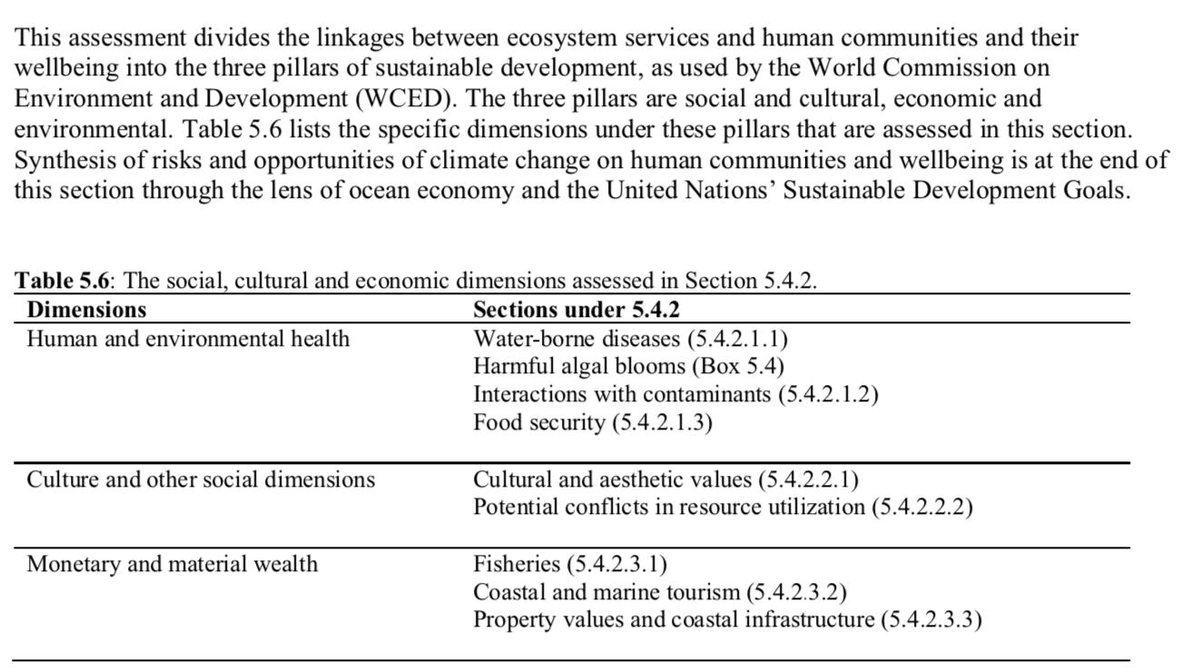
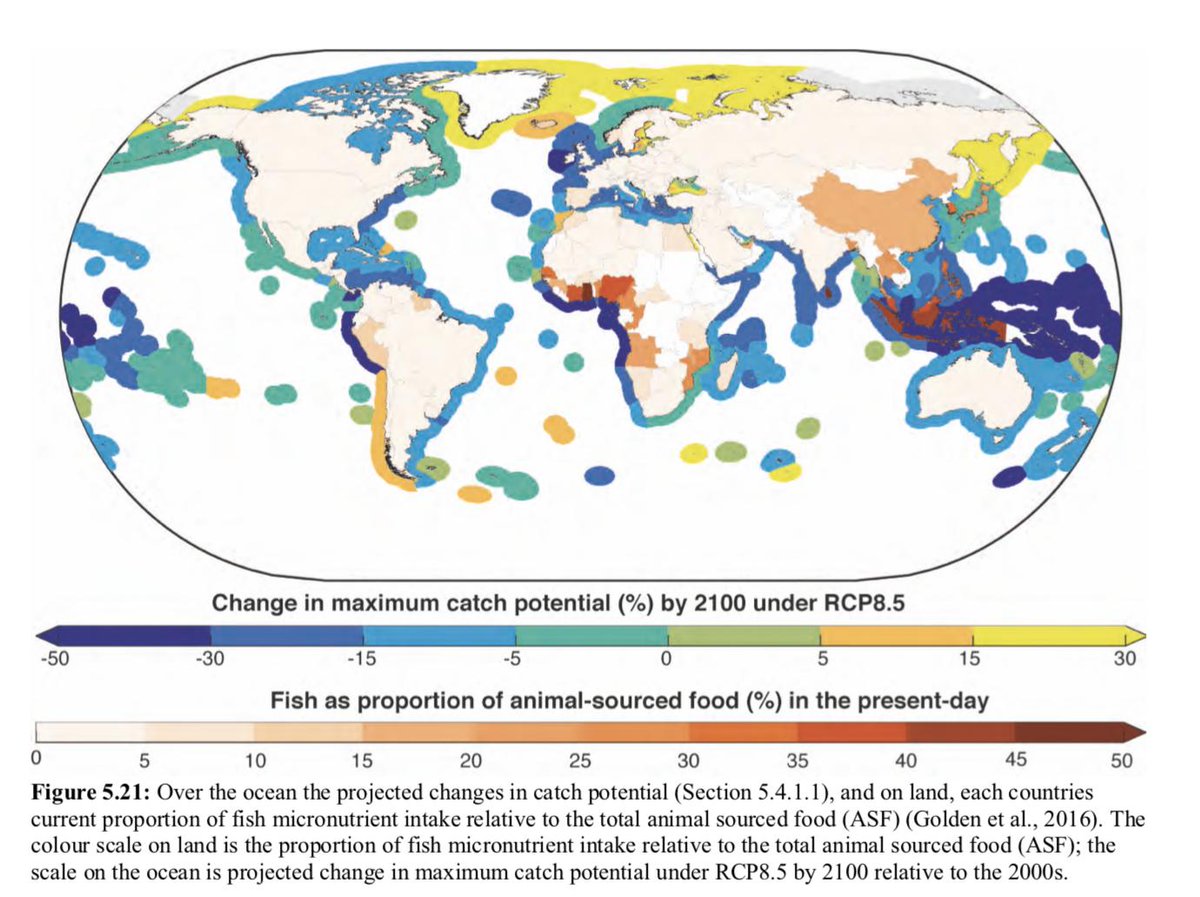
So, there is a fairly thorough description of some "ocean solutions" summarized in graphic 5.23
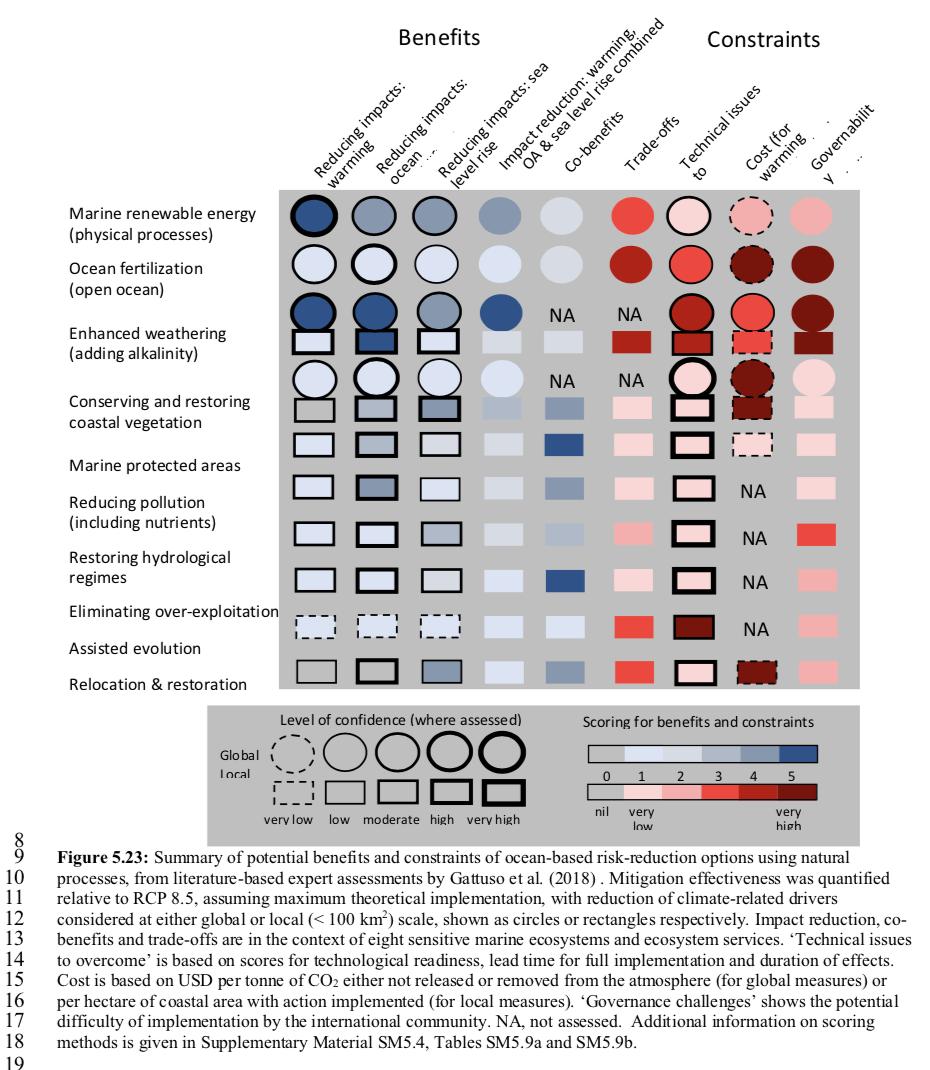
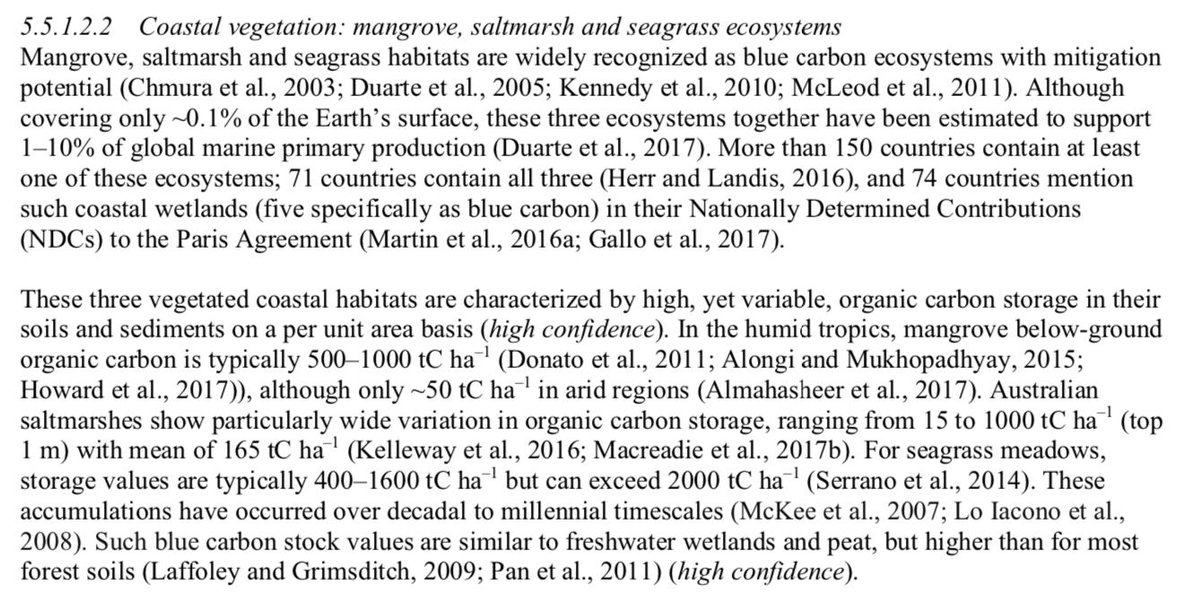
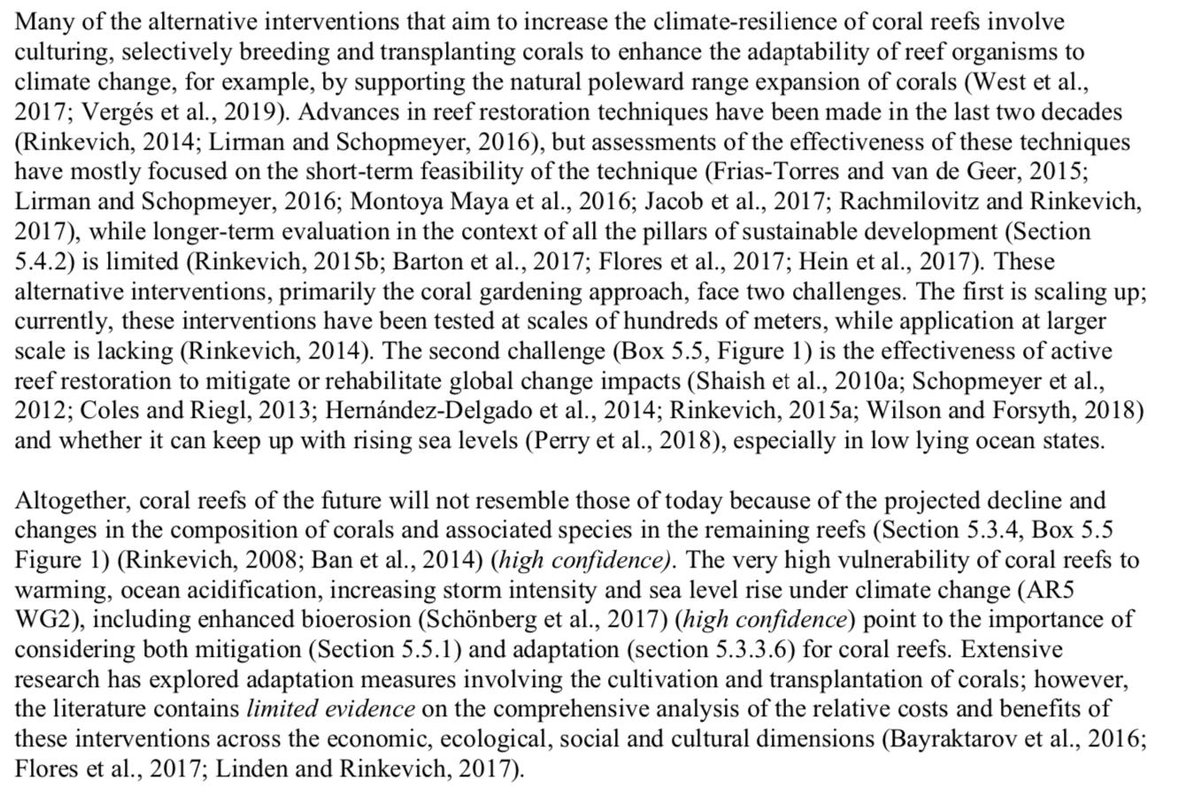
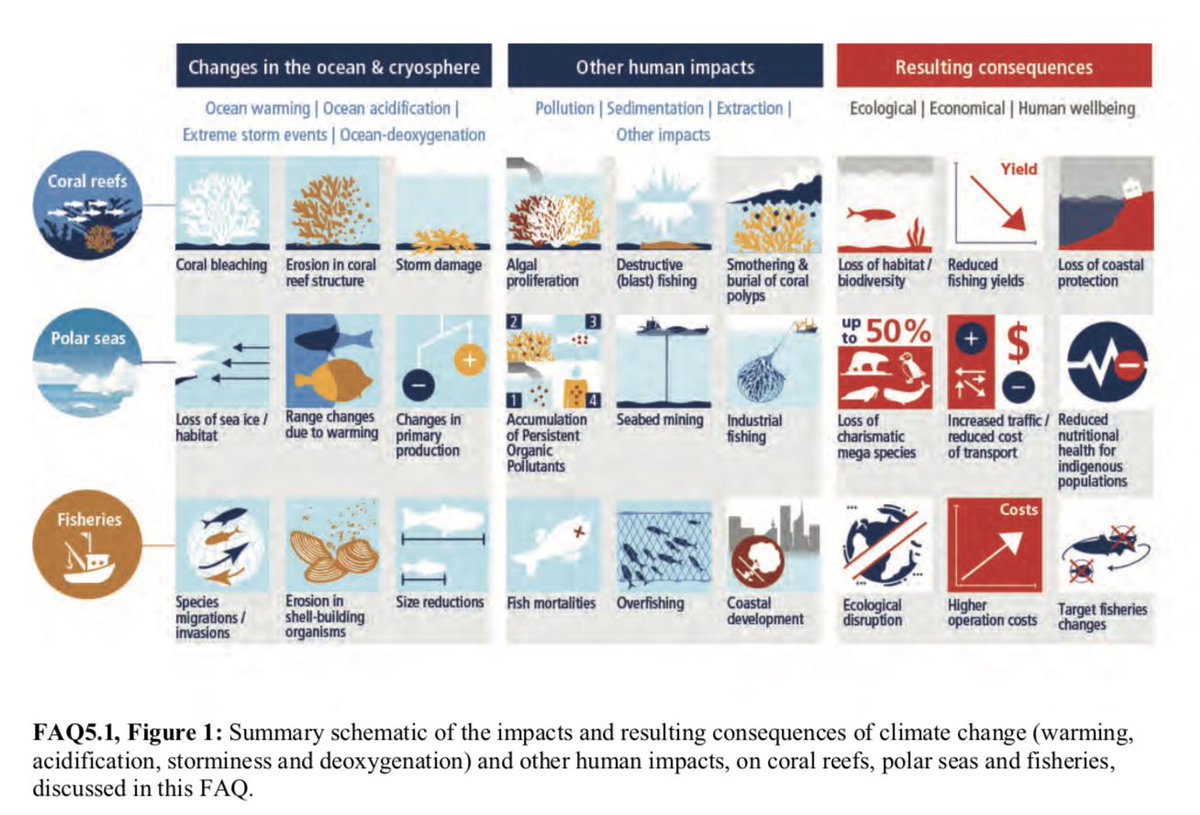
1) "Anthropogenic climate change has increased precipitation, winds and extreme sea level events associated with a number of observed tropical- and extra-tropical cyclones (high confidence)"
There are heat waves now across the north-central Pacific
marineheatwaves.org/tracker.html
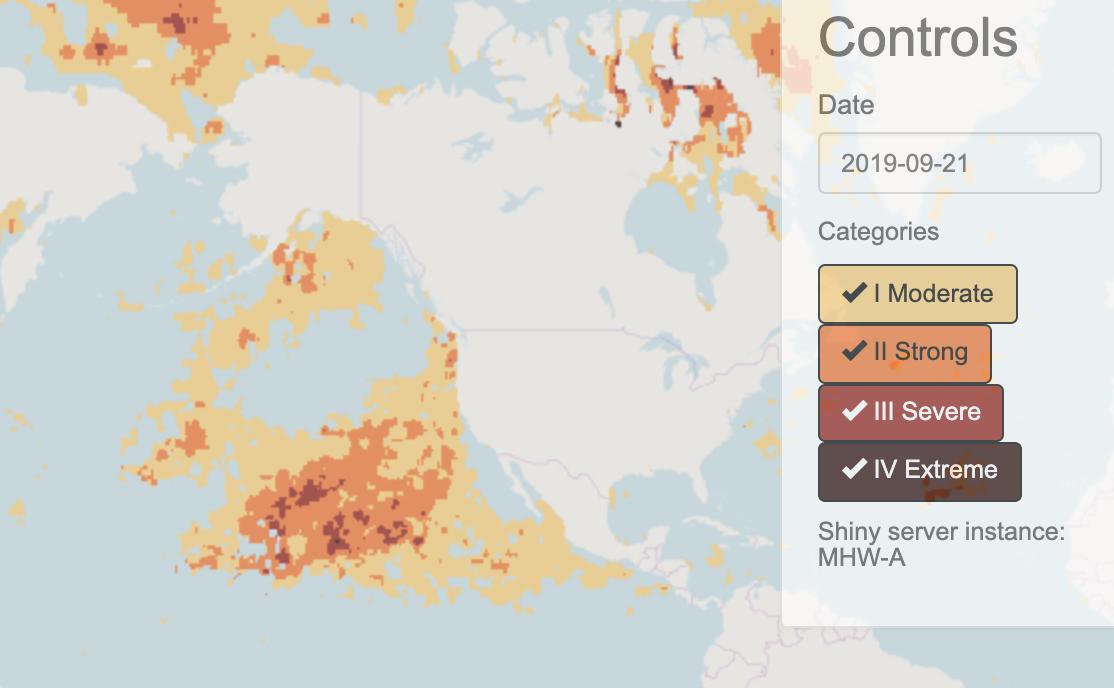
Heat waves are becoming more frequent and severe and will continue to (again depending our our emissions choices):
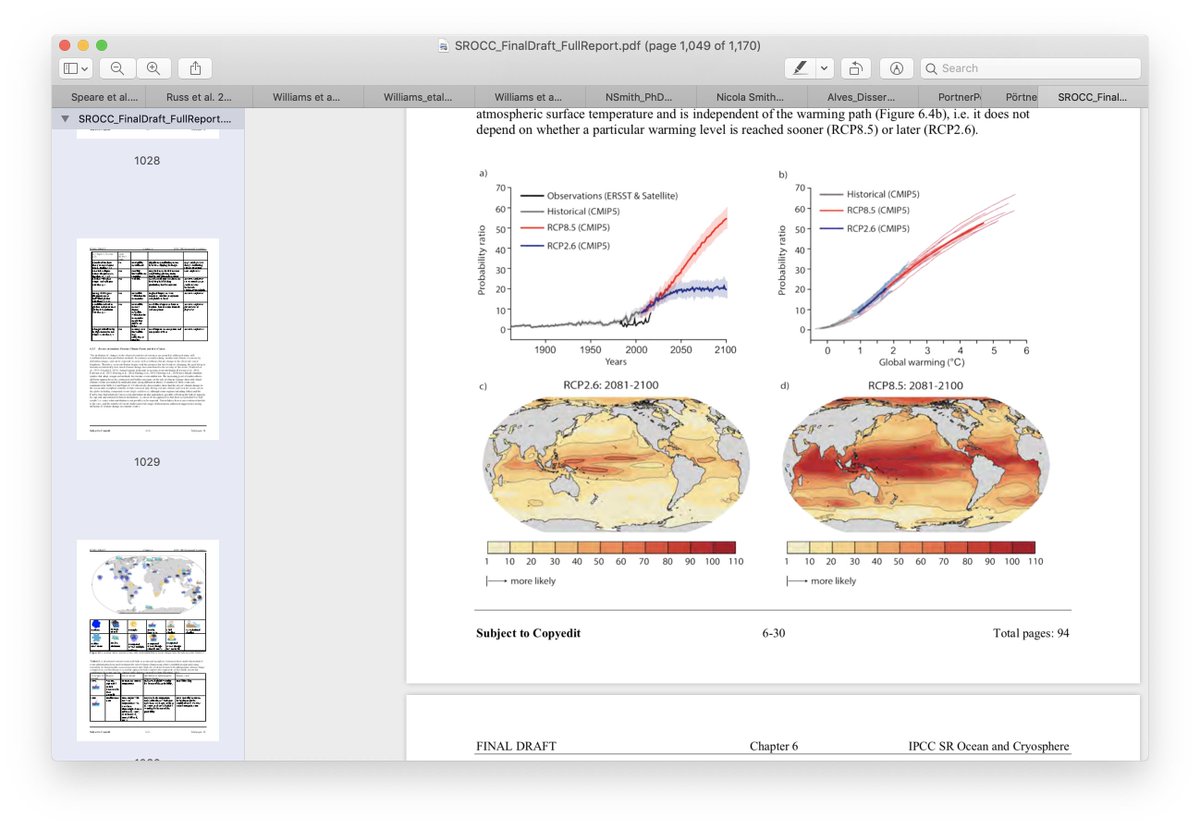
You can read the whole thing on thread reader: threadreaderapp.com/thread/1176572…


